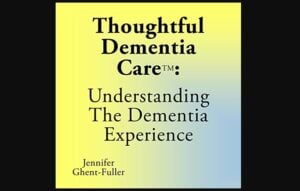Preliminary results from the world’s largest sleep study have shown that people who sleep on average between 7 to 8 hours per night performed better cognitively than those who slept less, or more, than this amount. (Article continued below…)
Neuroscientists from Western University’s renowned Brain and Mind Institute released their findings in the high-impact journal, SLEEP.
The world’s largest sleep study included more than 40,000 people from around the world. The online scientific investigation included an in-depth questionnaire and a series of cognitive performance activities.
Sleeping Habits Around the Globe

“We really wanted to capture the sleeping habits of people around the entire globe. Obviously, there have been many smaller sleep studies of people in laboratories but we wanted to find out what sleep is like in the real world,” says Adrian Owen, Western’s superstar researcher in Cognitive Neuroscience and Imaging. “People who logged in gave us a lot of information about themselves. We had a fairly extensive questionnaire and they told us things like:
- Which medications they were on,
- How old they were,
- Where they were in the world and
- What kind of education they’d received.
These are all factors that might have contributed to some of the results.”
Old Sleep Habits
- Approximately half of all participants reported typically sleeping less than 6.3 hours per night, about an hour less than the study’s recommended amount.
- One startling revelation was that most participants who slept four hours or less performed as if they were almost nine years older.
Optimum Sleep to Keep Brain Performing
Another surprising discovery was that sleep affected all adults equally.
- The amount of sleep associated with highly functional cognitive behaviour was the same for everyone (7 to 8 hours), regardless of age.
- Also, the impairment associated with too little, or too much, sleep did not depend on the age of the participants.
“We found that the optimum amount of sleep to keep your brain performing its best is 7 to 8 hours every night and that corresponds to what the doctors will tell you need to keep your body in tip-top shape, as well. We also found that people that slept more than that amount were equally impaired as those who slept too little,” says Conor Wild, Owen Lab Research Associate and the study’s lead author.
Sleeping Less Vs. Complete Sleep Deprivation
- Participants’ reasoning and verbal abilities were two of the actions most strongly affected by sleep while short-term memory performance was relatively unaffected. This is different than findings in most scientific studies of complete sleep deprivation and suggests that not getting enough sleep for an extended period affects your brain differently than staying up all night.
- On the positive side, there was some evidence that even a single night’s sleep can affect a person’s ability to think. Participants who slept more than usual the night before participating in the study performed better than those who slept their usual amount or less.











